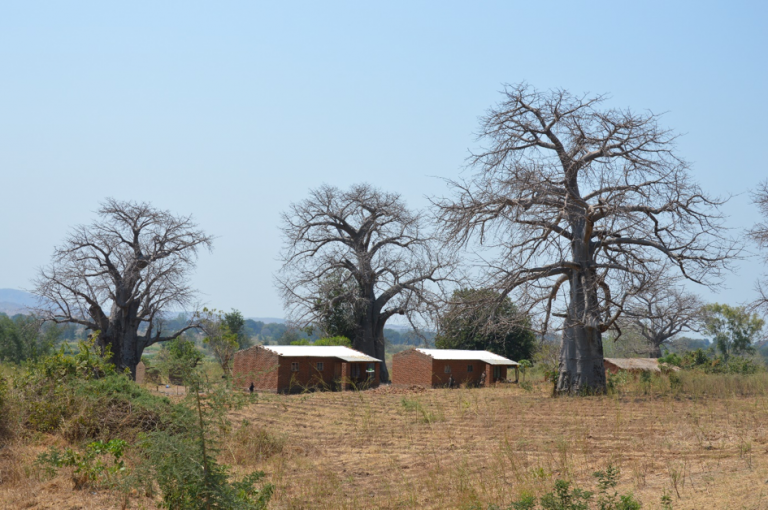
The baobab (Adansonia digitata L.) is one of the most important indigenous fruit trees in Africa and various parts of the tree are used to supplement diets. Most important are the highly nutritious fruits of the tree, which can help combat micronutrient deficiency and hidden hunger particularly in areas characterized by food insecurity. In Malawi, numerous formal and informal enterprises exist who produce a variety of baobab food products for the domestic markets, including juices and smoothies, ice-lollies and sweets. However, as a consequence of its rapid expansion, the baobab sector in Malawi is currently facing substantial challenges, which significantly constrain the benefits derived from baobab utilization. These comprise issues such as poor and inconsistent raw material quality; problems related to nutrient losses during the processing stages as well as quality, safety, and shelf-life of processed products; significant residues and side streams; poor coordination along the supply chain; and questions on how to facilitate the economic, technological and social upgrading of baobab processing enterprises. Investigations into these issues can not only strengthen and improve the baobab processing sector in Malawi, but also provide important lessons for other countries with abundant baobab resources and a yet developing baobab processing industry.
Building on the recently completed BAOFOOD project, BAOQUALITY aims to develop appropriate solutions to improve quality and safety of baobab food products, reduce post-harvest losses, and better utilize residues or side streams. This includes not only technological solutions such as the development of a rapid, non-destructive method to assess the quality of raw baobab or the development of novel baobab products from residues or side streams, but also socioeconomic investigations assessing organizational arrangements in the value chains to hereby increase efficiency of processing operations and income diversification for rural producers. More details on the research activities can be found in the respective work package descriptions in which the project is organised.

The project is supported by funds of the German Federal Ministry of Food and Agriculture (BMEL) based on a decision of the Parliament of the Federal Republic of Germany via the Federal Office of Agriculture and Food (BLE), which we gratefully acknowledge.
Recent Posts
© BAOQUALITY Project 2022
